On Thursday March 19, 2020: The Kenya National Chamber of Commerce and Industry in collaboration with Dubai Chamber of Commerce , Chinese Chamber of commerce, Ministry of Health, Representative from Pharmaceutical Industry and the Jua Kali sector held a joint statement on actions mechanism to co-create solutions, share best practices that will help the government mitigate the effects of COVID-19 on the business sector.
In this regard, we have come together to find a joint action mechanism to rapidly co-create solutions, share best practices and focus on supporting the resilience of those who are most vulnerable across companies value chains and in the communities in which they operate.
The national government has been urged to create an emergency stimulus fund which can be used to revive businesses which will be largely affected by COVID-19.
Speaking during the event, Kenya National Chambers of Commerce and Industry (KNCCI) President, Richard Ngatia said that some companies have already started feeling the heat of this pandemic and they don’t know how they will get back on their feet.
“Companies need liquidity help to make sure they survive this long pause of economic activity intact. This is because demand is there for some products yet supply is limited, “said Ngatia.
According to him flower industry is the worst hit so far with our flowers being destroyed abroad. If the pandemic continues this means that some companies will be forced to close down or look for alternative markets something which will have a great impact to our economy.
“Last week alone about 20 per cent of our flowers were destroyed in Netherlands because there were no buyers and forecasts for the next week are even worse,” he said.
Flower industry is not the only industry which is expected to feel the heat most. Small scale traders are also expected to feel the heat also and according to him this demographic will be the hardest hit considering that they depend on the daily wages.
“As a way of encouraging those that earn daily wages as well as the elderly I would like to urge the government to provide them with a stipend for 20 days as we continue to monitor the situation, “he adds.
And as a way of encouraging and promoting sanitation, Ngatia said that the chambers will provide water and sanitary services to those in Jua Kali sector and communities around them through introduction of common hand washing points.
Apart from coming up with the kitty the government has also been urged to ease the process of importing manufacturing inputs, gazette and enforce a list of locally manufactured goods and reduce or waive taxes and administrative fees on certain SMEs and increase subsidies to key and essential programs.
Jua Kali Sector Association Chairman, Mr. Richard Muteti stated that the association has had consultations with the sector leadership, on issues that the sector requires support on in combating the COVID-19 situation. The measure includes: Clean Flowing water to the Jua Kali and MSMEs Work sites that hosts hundreds of artisans every day, Support in supply of Sanitizers , Support in supply of Masks , Support in supply of Gloves, Suspension of interest rates, Suspension of auctioneers’ attachment of properties, Removal of taxes on essential services, Ensure no price increase on essential commodities, Avail adequate information posters on COVID-19 across MSMEs work sites and translated into Swahili for information and awareness. “We are requesting the Jua Kali Training Centers to close as per Government directives and urge the use of cashless transactions as much as possible by sector actors”. He added.
“We are ready to work with the Ministry of Health in capacity building the counties and sub counties ahead of receiving COVID-19 patients and space management.” Said Dr. Njau, Health Relief International. He added that the organization will also work closely with the ministry to capacity build and offer guidance on Patient Protective Equipment on health care personnel amid the spread of COVID-19.
Ministry of Health, Chief Administrative Secretary (CAS), Dr Mercy Mwangangi on the other hand urged the public to not panic and avoid rapid testing. She stated that the Ministry of health is working very closely with the Chinese Government to learn from them on how to curb the situation.
KNCCI Recommended Actions: –
- The creation of an emergency stimulus fund to be disbursed through a money transfer service to the marginalized and undeserved population, this demographic shall be the hardest hit as they depend on daily wages. This is to encourage those that earn daily wages, the elderly who do not work to stay at home. Provide them with a stipend for 20 days as we monitor the situation.
- Through KNCCI’s partnership with the Sharjah Chamber we shall provide interest free LPO financing for the UAE markets which shall enable traders to expand their sourcing markets and have access to finance. The scheme shall provide a credit period for 60-180 days and
provide 80-100% credit facility. This is subject to due diligence and companies must have audited accounts. It shall take 7-10 working days to process the facility. Over and above the local actions we have taken with KBA and local banks we have extended our reach internationally to diversify options. We encourage businesses to get in touch with us to access the facility.
- The immediate provision of water and sanitary services to those in the Jua Kali sector and the communities around them through introduction of common hand washing points. To encourage and promote sanitation we are part of the National Business Compact on COVID19 who are rolling out a handwashing campaign. We encourage the county governments to provide water via their water bowers in the short term as they move to install piped water in these areas as a long-term solution.
- We encourage local manufacturers to identify alternative suppliers in non-impacted regions of the world to diversify the supply chain and limit dependencies on any one supplier of geographic region; Identification of alternative markets for import to support manufacturing shall be done through our Chamber network, the African markets (COMESA, ICGLR, ECOWAS)
- KNCCI COO data has shown a 10% decline from January to March, shows the challenges faced in export market.
- The flower market in Netherlands last week saw 20% of the supply destroyed because there were no buyers and forecasts for the next weeks are even worse. Kenya is the lead exporter of roses to the European Union (EU) with a market share of about 38%. Approximately 50% of Kenya’s exported flowers are sold through the Dutch Auctions, this period is usually peak season for flower sales because of Mother’s Day celebrations.
- Companies need liquidity help to make sure they survive this long pause of economic activity intact. The corona virus fallout is likely to be uneven, for instance the producers of toilet paper don’t have a recession at all, and the restaurants and hotels have a very deep one.
- Manufacturers have more hope of a “V-shaped” recovery – that is, an economic bounce-back as rapid as the descent – because they will benefit from pent-up demand.
- The Government should ease the process of importing manufacturing inputs e.g. the process of getting KEBS exemption for PVoC for regular materials is lengthy and cumbersome. For instance, the good listing by regulatory agencies is lengthy and
- cumbersome, they should revert to the previous arrangement where goods were listed as whole components and not individual parts. Each part costs $100 for inspection over and above the 0.75% payment.
- Due to the expected shortage of imported finished goods, the government need to gazette and enforce a list of locally manufactured goods. Gazette the 160 items immediately
- We encourage businesses to invest in enterprise risk management. Companies engaged in international business should invest in insurance, bank guarantees to cushion against financial shocks.
- The government should to establish a business resilience fund to support major businesses and investments in key sectors such as construction, agribusiness, hospitality, manufacturing and others
- We call upon the county governments and encourage them to reduce or waive taxes and administrative fees on certain SMEs and increase subsidies to key and essential programs. For instance, land rates are due this month County Governments should defer payment for 90 days.

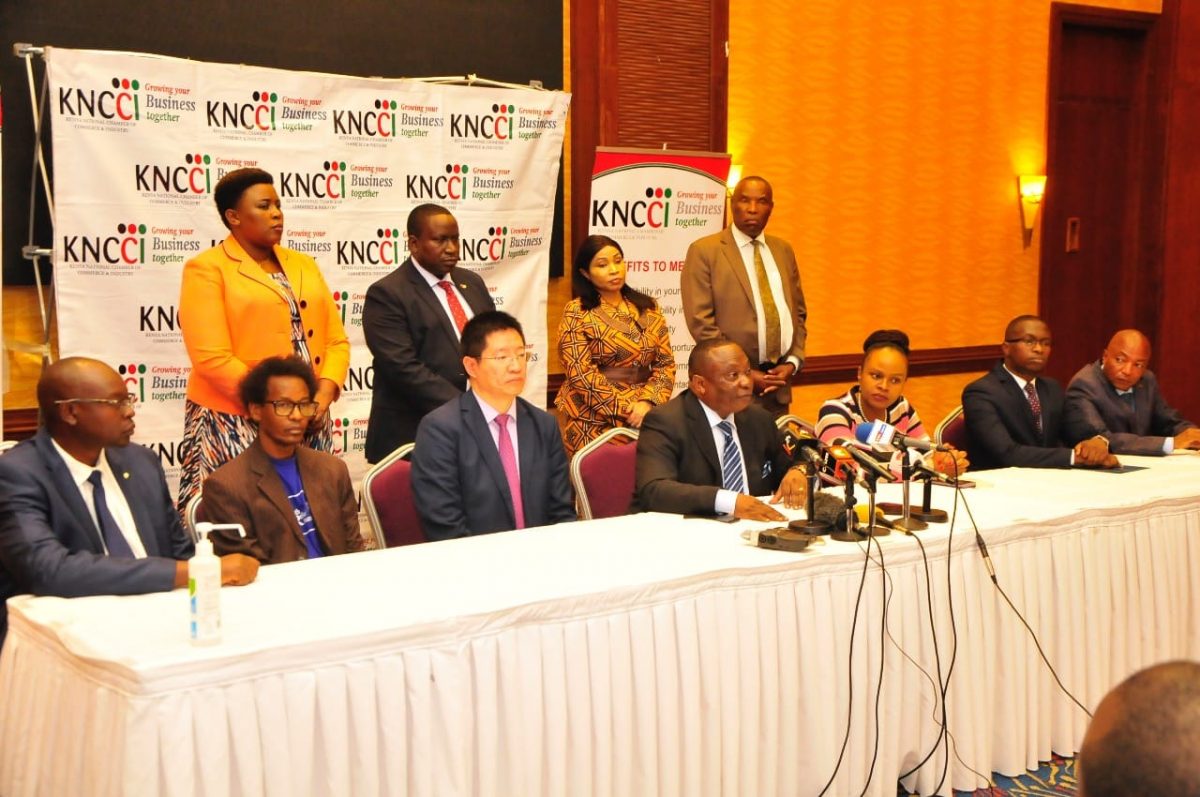
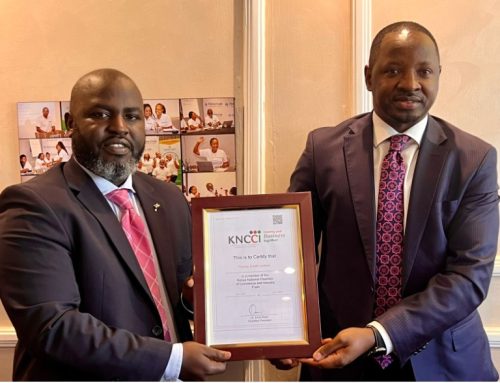

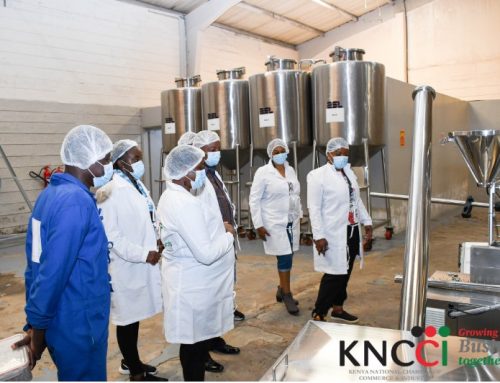
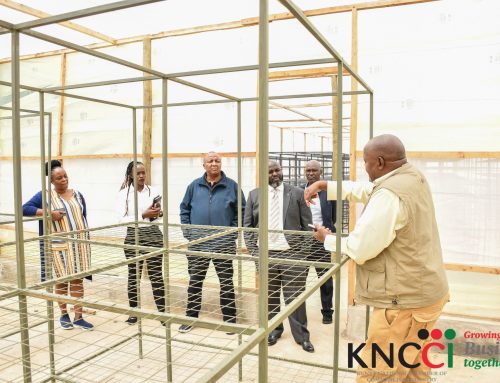
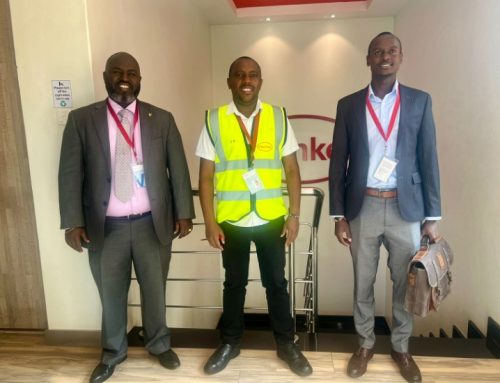
Leave A Comment